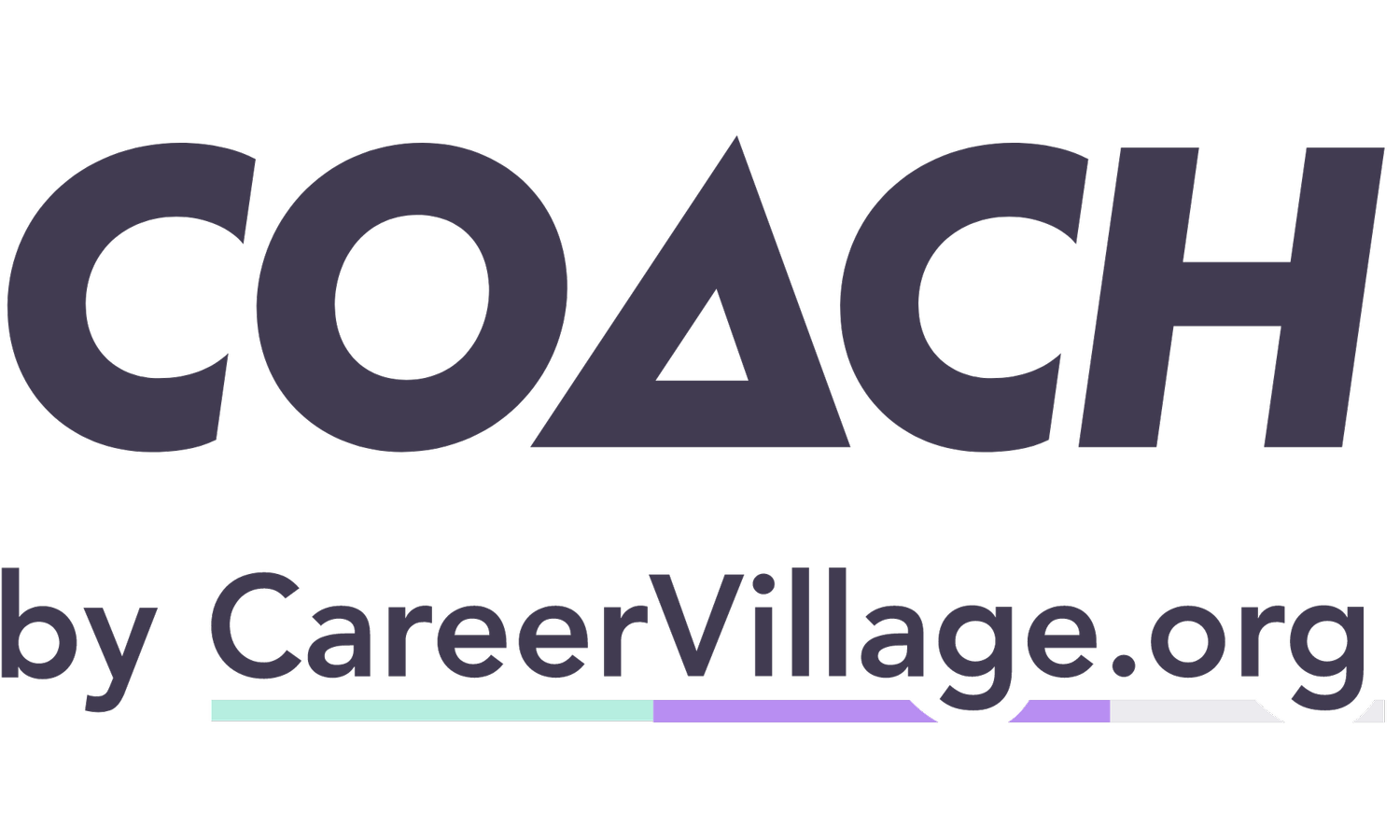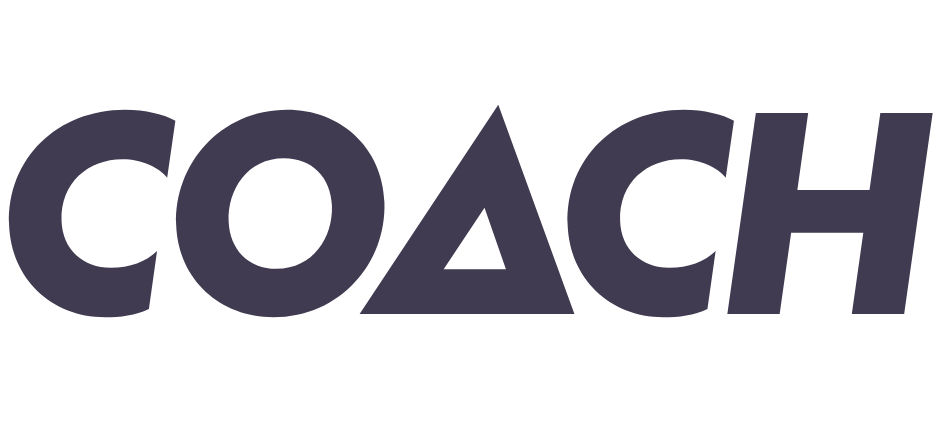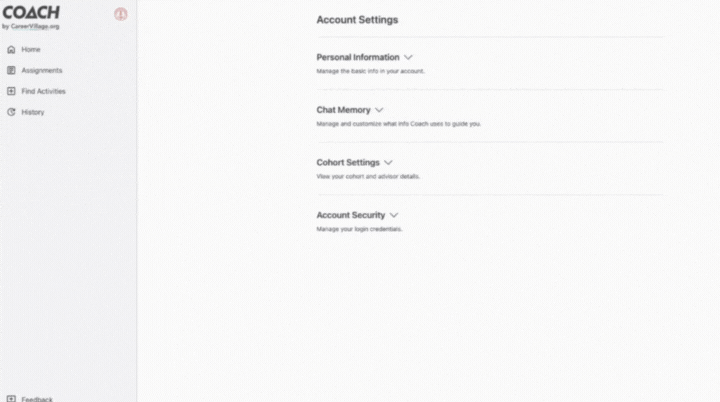The future of education-to-workforce pipelines (November 2025)
Sign up here to get Career Futures in your inbox.
Welcome to the November edition of the Career Futures newsletter. Last month’s issue went out to 45 subscribers and now we’re a growing community of 4,500 - wild. To all of you, I’m glad you’re here. Let’s jump in!
The future of education-to-workforce pipelines
The education-to-workforce pipeline is always a hot topic, but it feels newly urgent as we start to see signs of labor market slowdown and disruption. Timely new reports from Strada Education Foundation and Jobs for the Future (JFF) offer useful signals on where we are and where we’re going (or ought to go).
Strada’s State Opportunity Index evaluates how states connect education and work across five areas: outcomes, coaching, affordability, work-based learning, and employer alignment. (Full disclosure: CareerVillage.org receives funding support from Strada Education Foundation.)
It’s a wonderfully comprehensive report, but what struck me most is how much of this feels like an information design problem. The task is to get the right data to the right people at the right moment, so they can make great decisions. That may sound simple, but naming it helps reveal where the system still breaks down.
There are significant challenges, of course, which the report does allude to. A big one, as Jobs for the Future (JFF) notes in its Link, Learn, Lead report, is that much of the information needed to ensure all stakeholders can make great decisions is privately held. Its call to “start a data revolution” sounds bold, but it’s really a recognition of how entrenched some of these challenges have become. Data doesn’t flow freely because ownership, incentives, and trust don’t line up. Employers guard hiring data, states guard wage records, and colleges guard student outcomes, and often for good reason! Privacy laws like FERPA, competitive pressures, and the politics of data sharing all make integration difficult. Even when data does move, many institutions are too stretched to use it.
Both reports are more interested in looking forward, offering practical ways for policymakers and institutional leaders to build more effective education-to-work pipelines. The throughline is clear: good information does exist, and access to it still shapes who gets opportunity. The challenge now is system design: states building shared standards, employers sharing outcomes data, and institutions with the capacity to interpret and act on it. JFF helpfully offers a few detailed hypotheticals, like linking college Student Information Systems (SIS) with employers’ Applicant Tracking Systems (ATS) to reveal which students are getting hired and why. That kind of linkage could help educators see which programs lead to jobs, where skill mismatches persist, and how to make faster, smarter program adjustments.
What makes this moment feel different isn’t just the technology. It’s that we’re seeing multiple trends converging. AI is pushing further and further into white-collar work. States are getting better at tracking what happens to students after graduation across different industries. Workers are demanding real ROI before taking on education debt. Together, these forces might finally push us to think about education-to-work data as shared infrastructure. Whether that shift happens remains to be seen, but the urgency feels real.
What’s new with Coach and CareerVillage.org
Coach gets smarter and easier to use
October’s update makes our career coaching platform easier to trust, use, and learn from. New guided tutorials make it easier and faster for learners and advisors to get started, while built-in surveys collect feedback and impact data right inside the platform. We’ve also added clearer chat memory settings and a “thinking” indicator to give users more transparency into what Coach is doing behind the scenes.
Users have more control over chat memory with the latest update.
Welcome new partner
Merit America is launching a Career Readiness Bootcamp to support alumni struggling to secure employment and Coach will be a key part of their solution! 500 Merit America alumni will be working with Coach in rolling cohorts with 10-12 human coaches (we love this, because we’ve seen from other partnerships that human + AI coaching model can be very impactful). We’re thrilled to be partnering with such a wonderful organization!
LinkedIn Live event: Is AI impacting the labor market?
We’re excited to share the second episode in our Future of Career Navigation series on Wednesday, November 5. In this virtual ‘fireside chat’, CareerVillage.org Executive Director Jared Chung chats with Fabien Curto Millet, Google's Chief Economist, about the latest research into AI’s impact on the labor market and what it might be telling us.
Find it here.
So many events!
The team was all over the place in October: virtual and in-person panels, AMAs, presentations, conferences and convenings. But our favorite place was the Denver Museum of Nature & Science, where we gathered for our annual team offsite. We learned, we laughed, and we left feeling energized by the rare opportunity, as a remote-first organization, to enjoy each other’s company. We’re grateful to the team at the Museum for providing the space.
What I’m reading
The American Job Quality Study, Gallup & others
AI and Labor Markets: What We Know and Don’t Know, Bharat Chandar
Here’s what will really affect jobs in the age of AI, Fabian Curto Millet and Diane Coyle, The Washington Post
Skills-Based Hiring Isn’t Broken. Hiring Is. Mike Bradshaw, Work Shift
Thanks for reading 👋
– Eric Fershtman, Marketing & Communications Lead
To get Career Futures in your inbox, sign up here.



